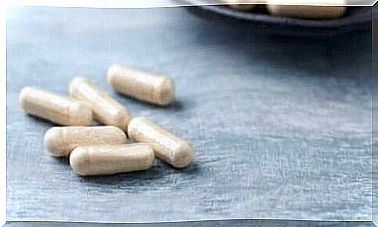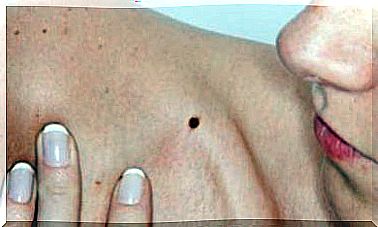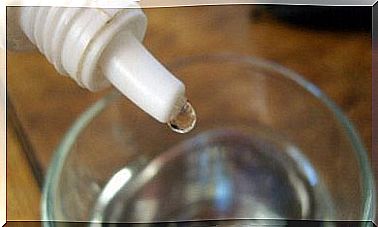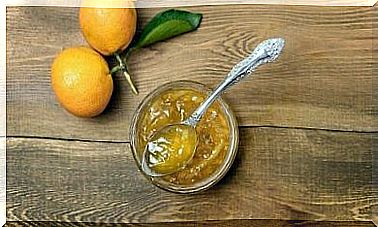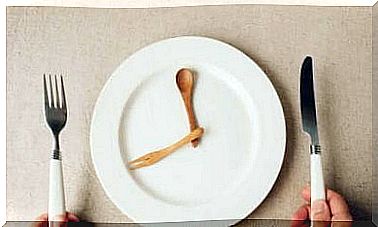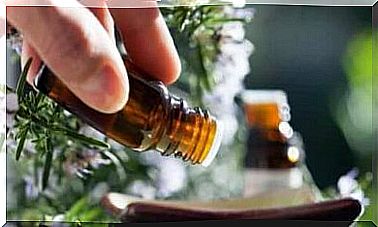Learn About The Sources Of Collagen And Its Importance For The Body
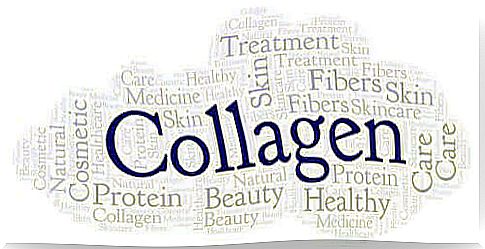
Today we will tell you what is the meaning and source of collagen, one of the most important proteins in the human body. It is one of the most abundant proteins in the human body, as it is a component of many of our tissues.
In our article, we will introduce you to the main meaning and typical sources of collagen , as well as other relevant facts related to it.
What is collagen?
Collagen is the basic component of the human body. It is a protein that makes up about a quarter of all proteins in the body. Therefore, they can be called the most important of all.
Collagen is found in many tissues. These include skin, cartilage, bones, ligaments, muscles and tendons. It creates very durable and flexible fibers whose task is to make tissues elastic, provide them with support and resistance.
Due to the fact that it is such an important substance and present in so many tissues, it is very important to maintain a minimum and stable level of collagen. Without enough collagen in the body, all the tissues it creates would not be able to perform its function properly.
What are the sources of collagen?
The source of collagen is food, mainly of animal origin – mainly meat. In addition, there are other foods that, while not a source of collagen, contain substances that help promote the synthesis of this protein in the human body. Some of them are:
- Omega 3, 6 and 9 fatty acids : found primarily in nuts and fish such as salmon. Fatty acids are involved in hormonal regulation that enables the body to produce collagen;
- Vitamin A : Found in vegetables such as carrots and melons. Its minimum amount is necessary for the body to be able to produce collagen without any problems;
- vitamin C : present in citrus fruits, strawberries and many vegetables. It destroys compounds that eliminate collagen.
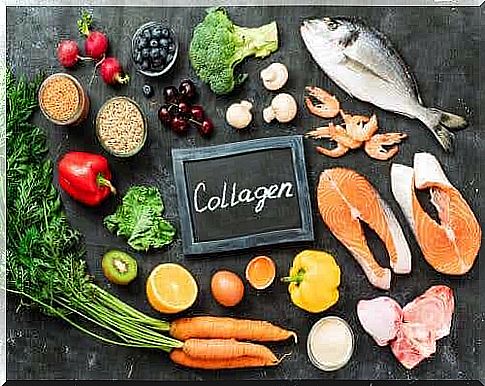
Collagen and age: what is their relationship?
From around the age of 30, the body gradually loses its ability to produce collagen. Collagen production continues, but in ever smaller amounts.
Then all the tissues it consists of begin to lose functionality. The skin loses its elasticity and wrinkles appear. Hair and nails also become more brittle. What’s more, there may also be pain in the joints during movement and muscle pains.
Supplements as a source of collagen
As we already mentioned, maintaining a minimum amount of this protein in your body is essential for proper functioning. However, this is not always possible naturally.
With the loss of production by the body and in other situations, such as participating in competitive sports, the amount of collagen turns out to be insufficient. In such cases, you may need to use collagen supplements.
Usually it is hydrolysed collagen. Anyone can add such a hydrolyzed variant to their diet. Still, it’s always best to consult a specialist. It is often not necessary at all.
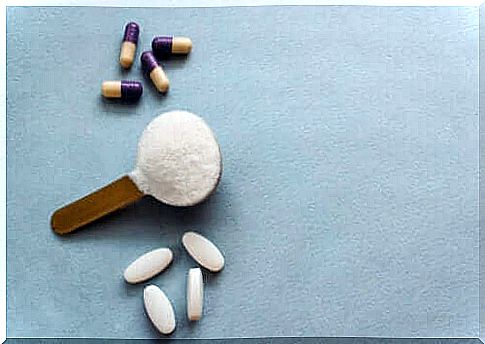
Collagen at a glance
Collagen is a substance necessary for the proper functioning of many parts of the body. Its production decreases with age, so in order to maintain its level, a proper diet is essential, supplemented with collagen supplements if necessary.
If you want to know whether you need to include a hydrolyzed form of this protein in your diet or not, a medical consultation is always essential. Because not everyone ages the same and therefore not taking supplements is not required in all circumstances.


